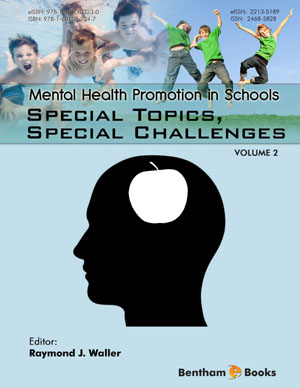Abstract
Almost 5% of aviation mishaps in civilian and military flights are related to fatigue from insufficient sleep. Multiple factors are responsible for this, including insufficient clarity on pilot scheduling, short layovers, night flights associated with circadian trough sleepiness, ultra-long distance flights across multiple time zones, and lack of consistent guidelines on specific fatigue countermeasures including in flight naps. Space exploration with alterations in the day-night cycle, mission alertness requirements, cramped crew space, noise, and weightlessness significantly impact the duration and quality of sleep. This remains a high priority for NASA's aerospace research and safety. There are also differing opinions between individual airlines and civilian and military aviation with respect to developing consensus guidelines for aviation safety measures. This chapter reviews current evidence and specific mandated guidelines for aviation safety, including the role of hypnotic and stimulant medications.












